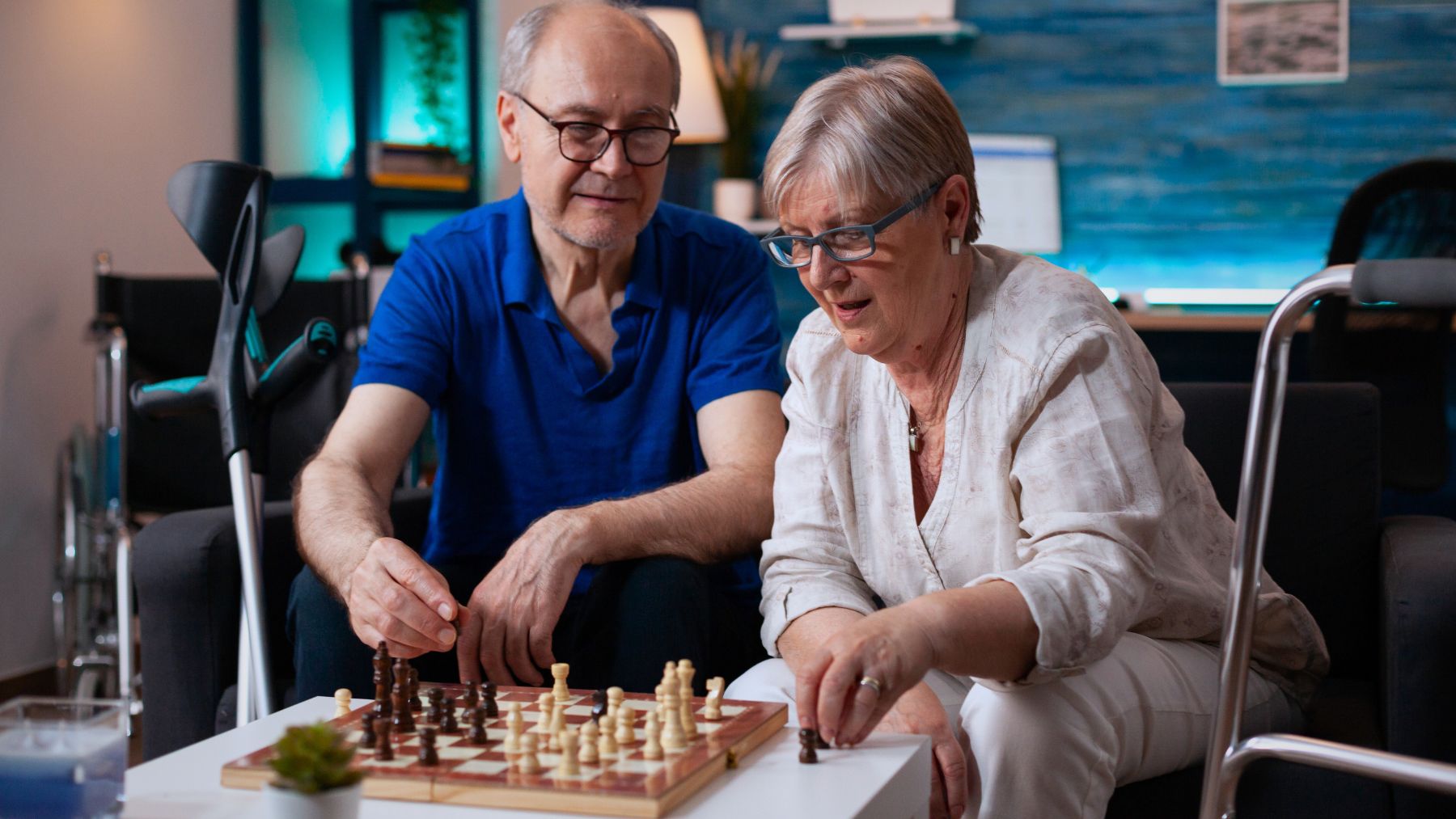Aging can sometimes feel as if your brain is slowing down. Many older adults notice changes in memory and focus with time but there are simple brain exercises that can help keep your mind sharp. Instead of relying on one game or routine, health experts suggest mixing up your mental workouts for the best results.
Here, we’ll cover a few top exercises that boost both memory and cognitive skills. We will take a closer look at sudoku, a number puzzle that is both fun and challenging, and explore other engaging games that help maintain mental agility. Let’s get started.
A simple exercise to keep your mind sharp after 60
Sudoku is a favorite among many seniors and is a game that offers real benefits for your brain. Research shows that regular practice with sudoku can improve attention, memory, and reasoning skills. Seniors who engage in number puzzles often report feeling more alert and focused in their daily lives.
The challenge of filling in numbers without repetition keeps your mind engaged. Doing sudoku more than once a day has even been linked to cognitive performance comparable to that of those several years younger. It’s a simple, low-pressure exercise that can be done with a pencil on paper or through an app on your phone. With a mix of logic and creativity, it can be an excellent tool for maintaining mental fitness as you age.
Other memory-boosting games for retirees
Although sudoku is beneficial, other games offer additional advantages by engaging different parts of the brain. Let’s explore a few:
- Computerized brain training games: These games focus on planning, rapid thinking, and short-term memory. They are designed to sharpen executive function and processing speed. Experts suggest that varying the type of computer game you play may provide extra benefits, so switch up your routine and challenge your brain in different ways.
- Crossword puzzles: Crossword puzzles have long been a favorite among seniors. Studies suggest that doing them regularly can delay memory decline by up to two and a half years. Whether completed on paper or digitally, crosswords help boost your word recall and concentration. Even doing one puzzle once a month can add up, making a significant impact on your health.
- Three-dimensional video games: It may sound surprising, but video games are not just for the young. In particular, three-dimensional games are excellent for older adults. They create stimulating environments that require you to navigate complex spaces. This type of gameplay improves spatial awareness and recognition memory. Some research shows that a few weeks of playing 3D games can lead to noticeable improvements in cognitive function.
Each of these games challenges you in unique ways. Incorporating a variety of activities into your routine not only keeps things interesting but also targets a broader range of cognitive skills. Sudoku provides a simple yet effective method to boost memory, while computerized games, crosswords, and 3D video games address other important areas of your brain. The key is to find what you enjoy and to keep your mind engaged with diverse challenges.

